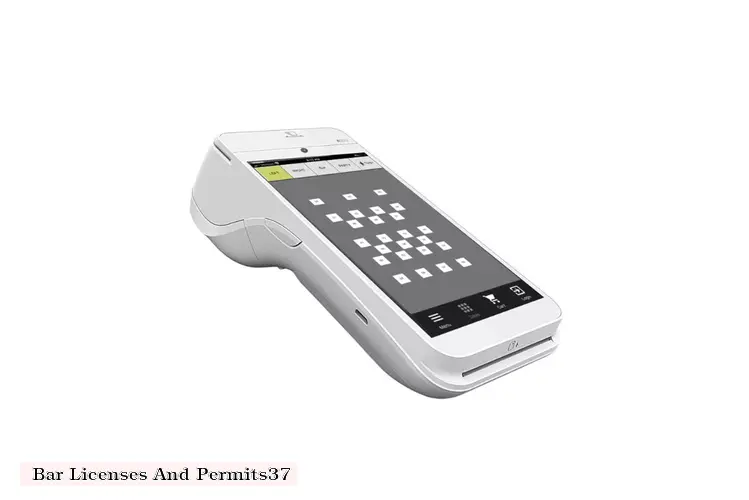

1. Liquor License
* On-premise consumption license: Allows alcohol to be consumed on the premises.
* Off-premise consumption license: Allows alcohol to be sold for consumption off the premises.
* Special occasion license: Allows alcohol to be served at specific events.
2. Food Service License
3. Business License
4. Health Permit
5. Fire Safety Permit
6. Music License
7. Outdoor Dining Permit
8. Special Event Permit
9. Employee Health Cards
10. Insurance
Obtaining Licenses and Permits
Compliance
DISCLAIMER: This information is provided for general informational purposes only, and publication does not constitute an endorsement. Kwick365 does not warrant the accuracy or completeness of any information, text, graphics, links, or other items contained within this content. Kwick365 does not guarantee you will achieve any specific results if you follow any advice herein. It may be advisable for you to consult with a professional such as a lawyer, accountant, or business advisor for advice specific to your situation.
today
Copyright © 2026 Kwick365.com
Designed by KwickPOS is the best restaurant POS